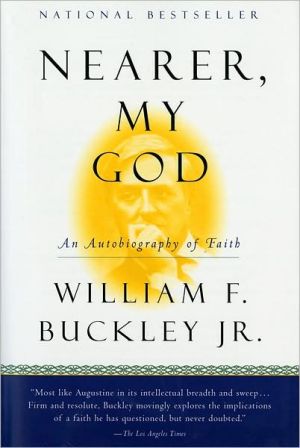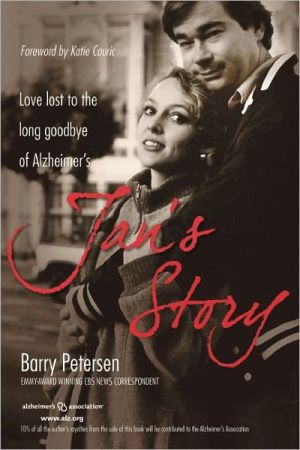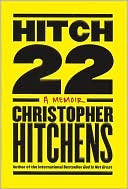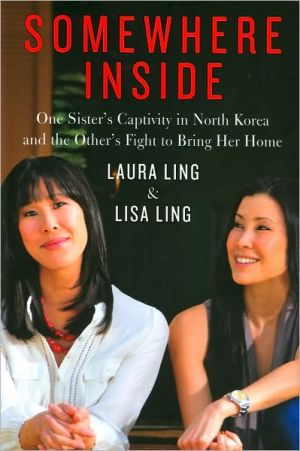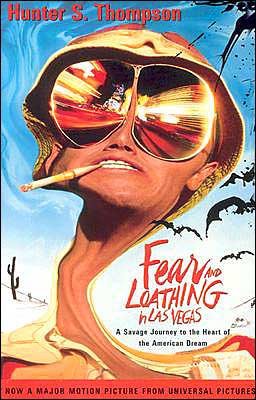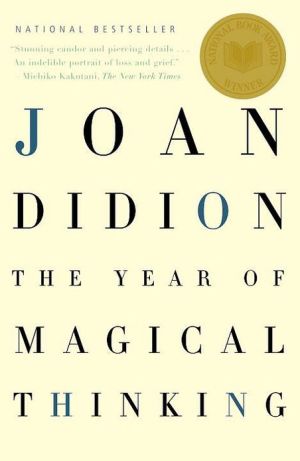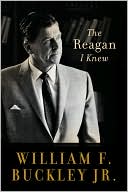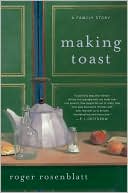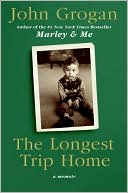Nearer, My God: An Autobiography of Faith
This is the story of one man's faith, told with unrivaled reflection and candor. William F. Buckley, Jr., was raised a Catholic. As the world plunged into war, and as social mores changed dramatically around him, Buckley's faith—a most essential part of his make-up—sustained him. In Nearer, My God, Buckley examines in searching detail the meaning of his faith, and how his life has been shaped and sustained by religious conviction.\ In highly personal terms, and with the wit and acuity for...
Search in google:
This is the story of one man's faith, told with unrivaled reflection and candor. William F. Buckley, Jr., was raised a Catholic. As the world plunged into war, and as social mores changed dramatically around him, Buckley's faith—a most essential part of his make-up—sustained him. In Nearer, My God, Buckley examines in searching detail the meaning of his faith, and how his life has been shaped and sustained by religious conviction.In highly personal terms, and with the wit and acuity for which he is justly renowned, Buckley discusses vital issues of Catholic doctrine and practice, and in so doing outlines for the reader both the nature of CathoLic faith and the essential role of religious belief in everyday life. In powerfully felt prose, he contributes provocatively and intelligently to the national interest in the nature of religion, the Church, and spiritual development. Nearer, My God is sure to appeal to all readers who have felt the stirrings of their own religious faith, and who want confirmation of their beliefs or who are seeking a guide to understanding their own souls. The renowned social and political commentator, William F. Buckley Jr., turns to a highly personal subject—his faith. And he tells us the story of his life as a Catholic Christian. "Nearer, My God" is the most reflective, poignant, and searching of Bill Buckley's many books. In the opening chapters he relives his childhood, a loving, funny, nostalgic glimpse into pre-World War II America and England. He speaks about his religious experiences to a world that has changed dramatically. He is unafraid of revealing the most personal side of his faith. He describes, in his distinctive style, the intimacy of a trip to Lourdes, the impact on him of the searing account by Maria Valtorta of the Crucifixion, the ordination of his nephew into the priesthood, and gives a moving account of his mother's death. And there is humor, as Buckley gives a unique, hilarious view of a visit to the Vatican with Malcolm Muggeridge, Charlton Heston, Grace Kelly, and David Niven. Personal though this book is, Buckley has gone to others to examine new perspectives, putting together his own distinguished 'Forum' and leaning on the great literature of the past to illustrate his thinking on contemporary Catholic and Christian issues. Wall Street Journal The story of the abiding, sustaining faith of a true believer. . . As always, his thoughts are invigorating. . . . His doctrinal investigations reveal a religious temperament that is respectfully questioning but not doubtful. In this Mr. Buckley, despite his formidable intellect, is probably not so different from the average American churchgoer.
\ Michael Wright. . .[A]n appealing, straightforward account of a life marked, as many are, by unexpected successes and crushing failures. \ —New York Times Book Review\ \ \ \ \ Wall Street JournalThe story of the abiding, sustaining faith of a true believer. . . As always, his thoughts are invigorating. . . . His doctrinal investigations reveal a religious temperament that is respectfully questioning but not doubtful. In this Mr. Buckley, despite his formidable intellect, is probably not so different from the average American churchgoer.\ \ \ Baltimore SunYou can rage and rail at his politics. People have been doing that since he wrote his first book after his graduation from Yale in 1950. You can find his manner insufferably mid-Atlantic. . . But it would be extraordinarily hard to cite anyone writing today in English who more prodigiously combines civility, prolificness and versatility than William F. Buckley, Jr . . . Breathtakingly powerful. . . The core of the book is a rollicking adventure story of the spirit, an elaborate trek around and about the lofty peaks of belief and conviction. . . . It is compelling, and profoundly informative. . . . It presents a fascinating, intelligent and deeply humane demonstration of belief in the face of the most rigorous intellectual tests and challenges. . . Buckley's book is wonderfully exciting -- whether you are a believer or a skeptic.\ \ \ \ \ Robert SiricoThis is the most respectful and serious treatment of the sweep of Catholic theology coming from a lay person -- and published by a mainstream house -- that I have seen in many years. -- Detroit News\ \ \ \ \ Publishers WeeklyBuckley's account of a 1930s and '40s Catholic childhood spent at English boarding school and of a family life spent traveling Europe, living in huge homes peopled with butlers and beloved tutors will not whistle up similar memories for most Catholics of his, or any other, generation. Though the book includes autobiographical sections, this is less an autobiography than a collection of the author's opinions about things Catholic. Buckley and several prominent Catholic converts he consulted give the reader an informative and entertaining earful on everything from post-Vatican II liturgy, which Buckley finds aesthetically and theologically inferior, to the old Latin Massto and such current Catholic hot-button issues as the ordination of women and the use of contraceptives. An appendix presents a summary of the status of religious observances at a number of exclusive private secondary schools. This is a book by an author who eschews the merely trendy and speaks his own mind.\ \ \ \ \ Michael Wright. . .[A]n appealing, straightforward account of a life marked, as many are, by unexpected successes and crushing failures. -- The New York Times Book Review\ \ \ \ \ New York Times Book ReviewThe author may be an imposing public intellectual but he's also a debout Christian, and this unusually personal essay is both a celebration of his lifelong Roman Catholicism and a doctrinal apologia for the church. "It is certain to provide many insights into the mind of a polished writer...and it will do much to explain how the hopefully changesless faith of a Catholic jubes with the politics of a late-20th-century American political conservative," William R. Everdell wrote here in 1997. - The New York Times Book Review, October 12, 1998 END\ \ \ \ \ Kirkus ReviewsThis eloquent spiritual 'autobiography' is, disappointingly, almost entirely about people other than Buckley, and about theology rather than faith. Buckley, erstwhile leader of the political right (founder and editor of the National Review) has departed from his usual subjects here. (Refreshingly, he humbly admits that this book took five years to write and that he was dissatisfied with the finished product, feeling that it lacked the fervor and narrative vigor usually associated with spiritual memoirs.) The book begins wonderfully: Buckley recounts his Catholic childhood in England and America, describing his devout parents, his privileged life of tutors, travels, and boarding schools. With his customary humor, he offers a teenager's view of Jesuit education; he also reveals a tender side, recounting his early prayers for his beloved mother's health (somewhat precarious after bearing 11 children). Yet the tenor of this chapter is in no way sustained throughout the book, which becomes an argumentative debate about the great issues of the Catholic Church. Even here, Buckley does not reveal much of himself, choosing instead to recount the intellectual struggles of adult friends who converted to Catholicism, among them Malcolm Muggeridge, Clare Boothe Luce, and Richard John Neuhaus. Buckley calls these pundits "the forum,' and he solicits their advice about many of the great theological debates: theodicy, the meaning of the crucifixion, papal infallibility ('the forum is divided on the issue of contraception," he tells us). Even the chapter entitled 'Experiencing Lourdes' is primarily a detached observer's discussion of the site's history and the Church's lengthy process forauthenticating miracles. One of the few hints we get about Buckley's own position is his restrained comment that 'the spiritual tonic is felt' by pilgrims at Lourdes. But despite the aloofness, Buckley remains, as ever, a witty and controversial commentator. Readers looking for meaty discussions of Catholic doctrine could do a lot worse.\ \
